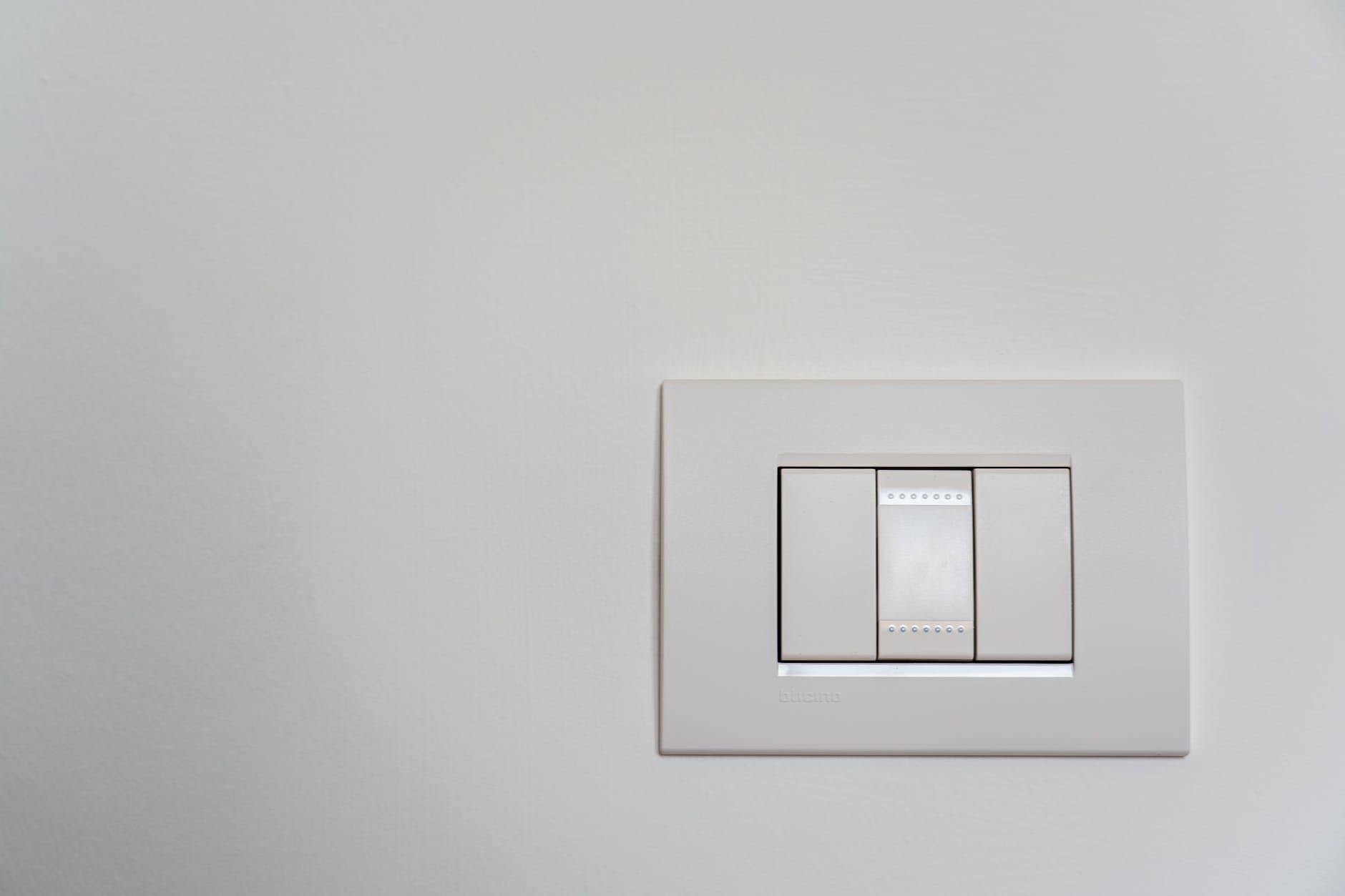Over the 12 months to the end of January 2024, annual inflation in Switzerland fell from 3.4% to 1.3%. The latest rate is 0.4 percentage points lower than a month earlier – it was 1.7% at the end of December 2023. Photo by Castorly Stock on Pexels.comAt the same time, on a monthly basis, inflation rose from 0% in December 2023 to 0.2% in January 2024, an annualised rate of 2.4%. This means the fall in the annual rate from 1.7% to 1.3% was driven entirely by the base effect. When a month of particularly high inflation drops out the calculation the annual figure falls by an oversized amount. This happened in January 2024 when monthly inflation of 0.6% in January 2023 dropped out of the annual figure. The base effect means it is possible for monthly inflation to accelerate while the
Topics:
Investec considers the following as important: Editor's Choice, Personal finance
This could be interesting, too:
Investec writes The global brands artificially inflating their prices on Swiss versions of their websites
Investec writes Swiss car insurance premiums going up in 2025
Investec writes The Swiss houses that must be demolished
Investec writes Swiss rent cuts possible following fall in reference rate
Over the 12 months to the end of January 2024, annual inflation in Switzerland fell from 3.4% to 1.3%. The latest rate is 0.4 percentage points lower than a month earlier – it was 1.7% at the end of December 2023.

At the same time, on a monthly basis, inflation rose from 0% in December 2023 to 0.2% in January 2024, an annualised rate of 2.4%. This means the fall in the annual rate from 1.7% to 1.3% was driven entirely by the base effect. When a month of particularly high inflation drops out the calculation the annual figure falls by an oversized amount. This happened in January 2024 when monthly inflation of 0.6% in January 2023 dropped out of the annual figure. The base effect means it is possible for monthly inflation to accelerate while the annual figure is in decline. This is what happened in January.
The main drivers of rising prices in January 2024 were higher electricity (+17.8%) and hotel (+10.6%) prices. Car insurance premiums (+4.7%) and the cost of domestic package holidays (+9.3%) were also up significantly. At the same time, the cost of clothing and footwear dropped 7.8% along with the cost of fresh fruit and vegetables and computer hardware.
January’s inflation was home grown. Prices of locally produced goods and services rose 0.6%. This was offset by a 1.3% drop in the price of imports.
Switzerland’s annual inflation (1.3%) is now comfortably below the Swiss National Bank’s (SNB) preferred maximum of 2% – the SNB equates price stability with a rise in the Swiss consumer price index (CPI) of less than 2% per annum. The last time Swiss inflation was above 2% was in May 2023 (2.2%). It’s highest point over the last 20 years was in August 2022 (3.5%).
At its last meeting in December 2023, the SNB held its benchmark interest rate at 1.75%. Its next rate decision will be announced on 21 March 2024.
More on this:
FSO statement (in French) – Take a 5 minute French test now
For more stories like this on Switzerland follow us on Facebook and Twitter.
